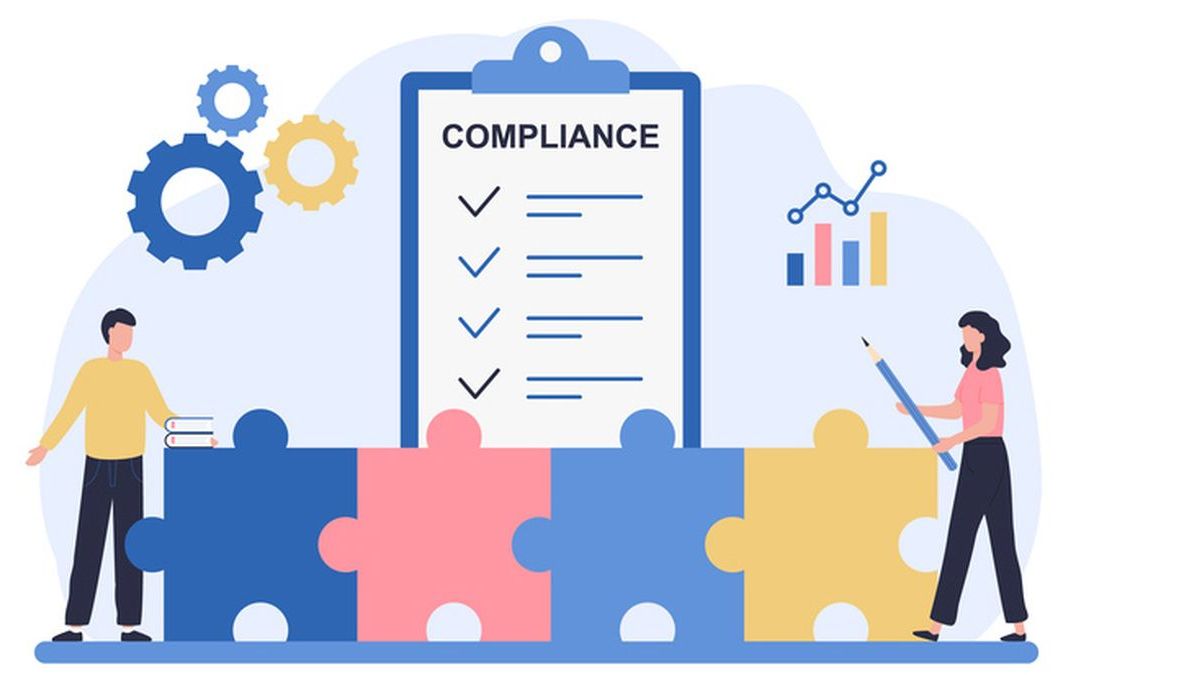The paradigm shift implies for managers and companies that the cost of not doing things well is increasingly high, and more immediate.
In times of growing institutional complexity, the good corporate governance It has become a strategic need for public and private organizations. It is no longer enough to comply with standards: it is key to prevent risks, account and build confidence based on transparent decisions, technology and effective control systems.
The content you want to access is exclusive to subscribers.
In the global environment prevailing, the challenge is multiplied: unstable structures, regulatory changes and high exposure contexts force to professionalize functions such as the role of monitoring of the Board of Directors, risk management, comprehensive compliance, – as other areas of control processes design such as computer security, occupational safety and health, heritage safety – and internal audit.


In that framework, Train leaders capable of anticipating operational, legal, information and fraud problems; Protect institutional reputation and design compliance programs It is not an option, but part of the core of modern governance. Topics like Cybersecurity, data privacy, economic crimes – associated with the traditional or crypto world or corporate criminal responsibility They are already central components of corporate governance and require interdisciplinary and updated approaches.
The lack of training is no longer just a legal risk:
It can mean the operational paralysis of a company or even affect the reputation and access to the sovereign credit of a country. GAFI’s demands on prevention of money laundering and terrorism financing, for example, determine whether a country integrates gray or black lists that restrict their international financial insertion. At the corporate level, a sanction for breaching the General Data Protection Regulation can damage the confidence of customers and investors, without prejudice to millionaire fines depending on the jurisdiction where it operates. Similarly, lack of compliance with minimum cybersecurity standards can trigger critical incidents that interrupt essential services or compromise strategic information. And in many cases, these breaches result in criminal responsibility for managers, officials or personnel of organizations. In all cases, the cost of not doing things well is increasingly high – and more immediate—
Training in these matters is not only recommended for those who occupy control or legal functions. It is also key to professionals from sectors such as finance, technology, HR, logistics or public management, where exposure to reputational, legal or regulatory risks grows year by year.
The academic response
Faced with this demand, university institutions have begun to offer more specific proposals, with interdisciplinary approach and practical application. An outstanding case in Argentina is that of Government School – University of the Argentine Social Museumwhich has an active network of more than 400 professionals from 14 postgraduate executive countries designed to address different aspects of compliance and governance.
The Crypto Compliance and Compliance Integral certifications have already issued during the second semester of 2025 are offered:
- Complence focused on cybersecurity, with computer security directors of large companies as teachers.
- Criminal compliance, to address organizational criminal risks – and personal – from a strategic perspective.
- Prevention of money laundering and crimes, with the participation of UNIF authorities.
- Complence in Data Privacy, focused on the new data protection challenges and digital regulation.
All programs are 100% onlinewith University certification and methodology aimed at resolution of real cases.
Beyond academic content, this training seeks something essential: Build an organizational culture aligned with the principles of good governance.
More information: www.umsa.edu.ar/governance-school
Source: Ambito
David William is a talented author who has made a name for himself in the world of writing. He is a professional author who writes on a wide range of topics, from general interest to opinion news. David is currently working as a writer at 24 hours worlds where he brings his unique perspective and in-depth research to his articles, making them both informative and engaging.




